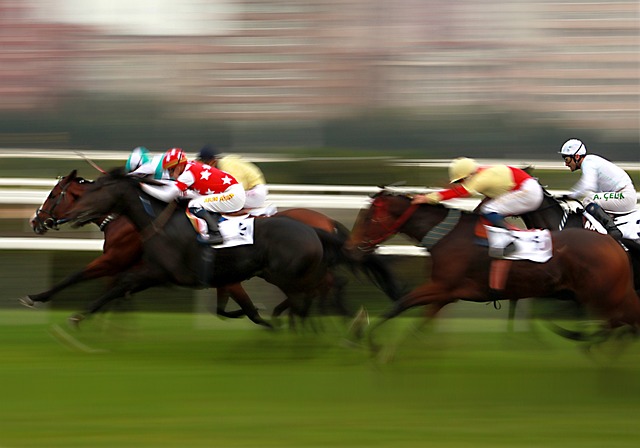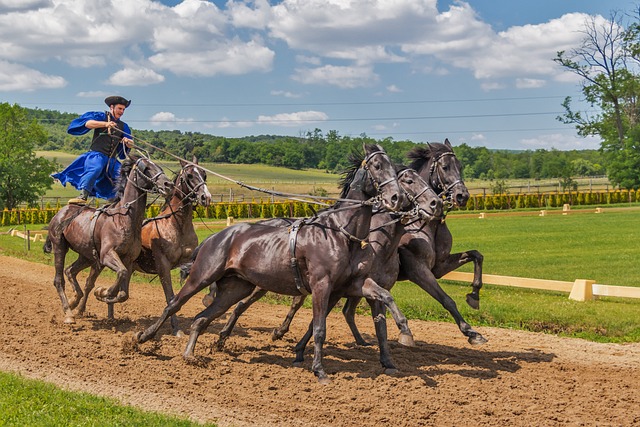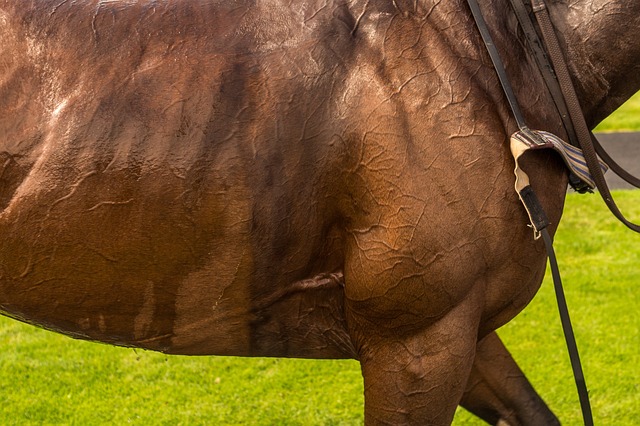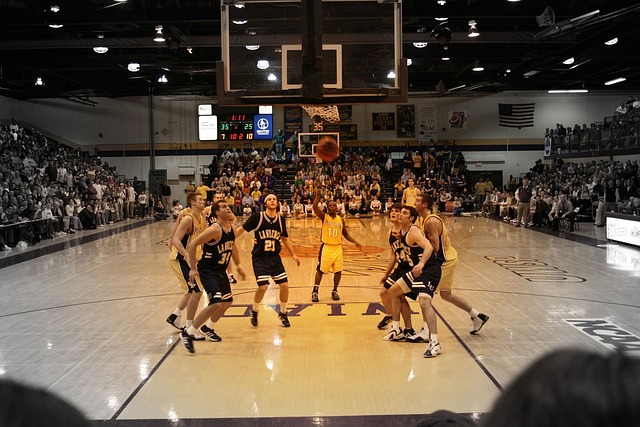A journey back in time to the days of fanfare, where nobility and commoners mingled along the banks of dusty jousts and fictional battlefields. Imagine the din of medieval tournaments, the stage for brave knights and the first, daring sports bets. It wasn’t just a show: it was an intricate dance of fortune and finance, a refined precursor to online betting, where the art of risk manifests itself with a click.
The Boldness of the Nobles: Betting in the Medieval Heartland
In the 12th century, knightly tournaments were not mere performances, but elaborate feasts of courage that echoed through the centuries. Think of the Norman Conquest of 1066 as the spark that ignited this tradition in England. These events became stages where a man’s future could be decided not only by the blade of his sword, but also by the gold wagered on his arm. Knights would engage in mock battles, not just for glory, but to gain favor, fortune, and support for their houses.
The Social Role of Betting

Tournament betting became a widespread practice, a social ritual that transcended class. From nobles to peasants, everyone found a reason to bet on their favorite champion. Tales from the 13th century, beautifully illustrated in the “Codex Manesse,” show men of all classes gathering to watch, bet, and celebrate. These encounters were filled with tension and anticipation, with the collective pulse of the thrill of victory or the bitterness of defeat.
When Kings Gambled: The Regulation of Tournaments
The growing popularity of tournaments led to the need for regulation. In 1163, Henry II of England attempted to ban tournaments to contain violence and maintain order, but the attempt was short-lived. His successors saw tournaments as an opportunity for control and profit, instituting laws that not only permitted but encouraged betting under strict royal control. It was a ploy to channel the passion and energy of his subjects into a form that could be both monitored and taxed.
The Prince’s Wager: The Tournament of Chauvency

In 1285, the Tournament of Chauvency in France became legendary, not only for its scale but also for the huge bets involved. Jacques Bretel, the chronicler of the event, described how the local prince, an enthusiastic observer, had bet a considerable sum on the victory of a low-ranking knight. This bet not only elevated the status of the victorious knight but also strengthened the bond between nobility and valiant strangers, demonstrating how bets could change destinies and rewrite the social rules of the Middle Ages.
These ancient games of skill and dice were never just for fun or personal gain; they reflected and strengthened social, political and economic bonds. Medieval tournaments and their bets represented a complex web of loyalty and finance, an early example of how sport and gambling could influence and be influenced by society. From the dusty stands of a medieval field to today’s digital platforms, the common thread remains the same: the thrill of risk, the art of the game, the eternal intersection of luck, strategy and courage.


